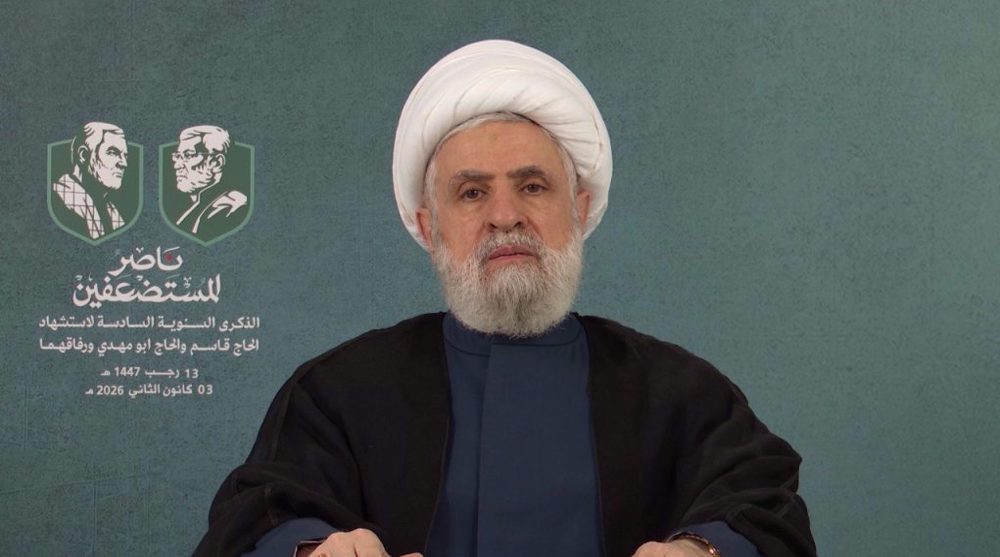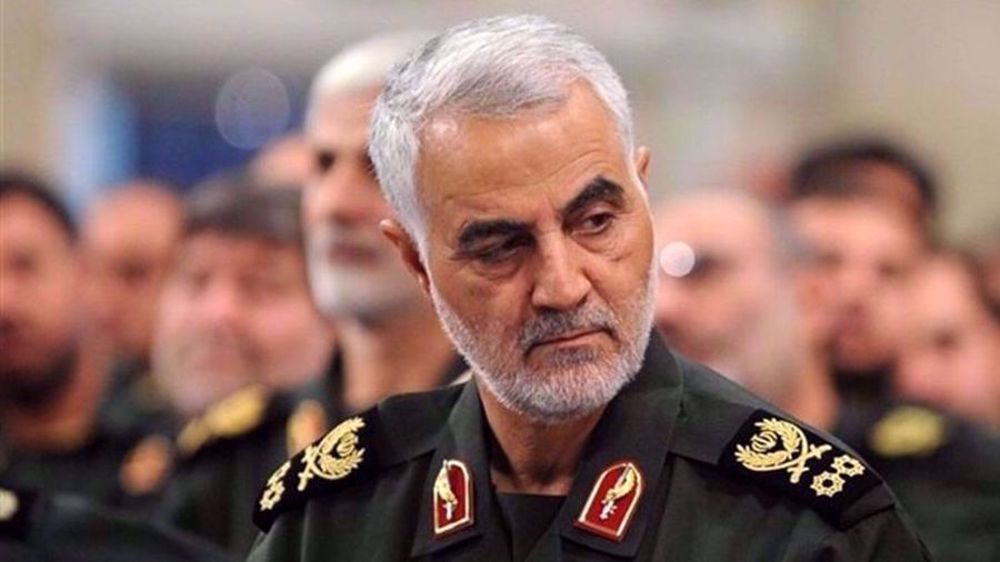Iran sets up committee to follow up on US court ruling
The Iranian Cabinet has tasked a working group with investigating a ruling by the US Supreme Court granting about two billion dollars in frozen Iranian assets to the families of victims of a 1983 bombing in Beirut.
During their Tuesday session, the Cabinet agreed to set up the committee, led by Iranian Minister of Economy and Finance Ali Tayyeb-Niya.
Iranian Foreign Minister Mohammad Javad Zarif, Intelligence Minister Mahmoud Alavi, Justice Minister Mostafa Pour-Mohammadi and Governor of the Central Bank of Iran (CBI) Valiollah Seif are other members of the working group.
It has been assigned the task of closely examining different aspects of the US court ruling and offering proposals for the restoration of the Iranian government’s rights.
On April 20, the US Supreme Court ruled that about USD 2 billion in frozen Iranian assets must be turned over to American families of people killed in the 1983 bombing of a US Marine Corps barracks in the Lebanese capital of Beirut and other attacks blamed on Iran. The Islamic Republic has denied any role in the attack.
The money confiscated under the US court ruling belongs to the CBI. The assets have been blocked under US sanctions.
Iran vows to retrieve confiscated sum
Ali Akbar Velayati, a senior adviser to Leader of the Islamic Revolution Ayatollah Seyyed Ali Khamenei, on Tuesday described the seizure of Iranian assets as an "act of international robbery."

“Iran insists on the restoration of its rights and will reclaim them from the Americans," Velayati told reporters.
He added that the court decision indicated contradictory approaches by the American officials who have pledged commitment to their obligations for lifting Iran sanctions under a nuclear agreement, dubbed the Joint Comprehensive Plan of Action (JCPOA), reached between the Islamic Republic and the P5+1 group of countries last July.
But they also imposed new sanctions on Iran in other forms and thrown up stumbling blocks on the way of the Islamic Republic’s legal trade with other countries, Velayati said.
"The only way to counter the Americans is to resist against their excessive demands," the top Iranian official pointed out.
Iran and the five permanent members of the UN Security Council – the United States, France, Britain, China and Russia – plus Germany started implementing the JCPOA on January 16. The two sides signed the agreement on July 14, 2015 following two and a half years of intensive talks.
Under the JCPOA, all nuclear-related sanctions imposed on Iran by the European Union, the Security Council and the US would be lifted. Iran has, in return, put some limitations on its nuclear activities.
Earlier on Tuesday, Iran’s Foreign Ministry summoned the Swiss Ambassador, Giulio Haas, who represents the US interests in Tehran, to object to the controversial ruling.
It said the Supreme Court's decision was "a clear and blatant violation of mutual contractual obligations" and the US international legal obligations as well as the "immunity of jurisdiction" for properties and assets of the government of the Islamic Republic of Iran.
VIDEO | Press TV's news headlines
VIDEO | Education in War: Untold stories of Gaza students
Venezuelan president, wife taken to New York following kidnapping
VIDEO | Pakistan sees decline in attacks after Afghanistan border closure
VIDEO | Yemen’s Hadramout facing tensions after Saudi strikes
US kidnapping of Venezuela’s president ‘clear instance of state terrorism’: FM
‘Maduro our only president; no empire will rule us’: Venezuela vows resistance after US kidnapping
VIDEO | Press TV's news headlines










 This makes it easy to access the Press TV website
This makes it easy to access the Press TV website